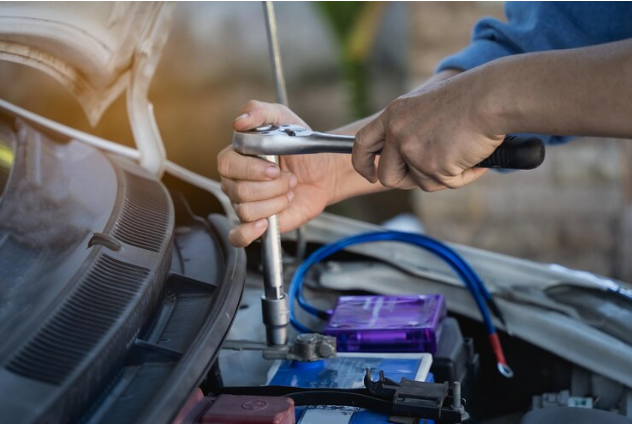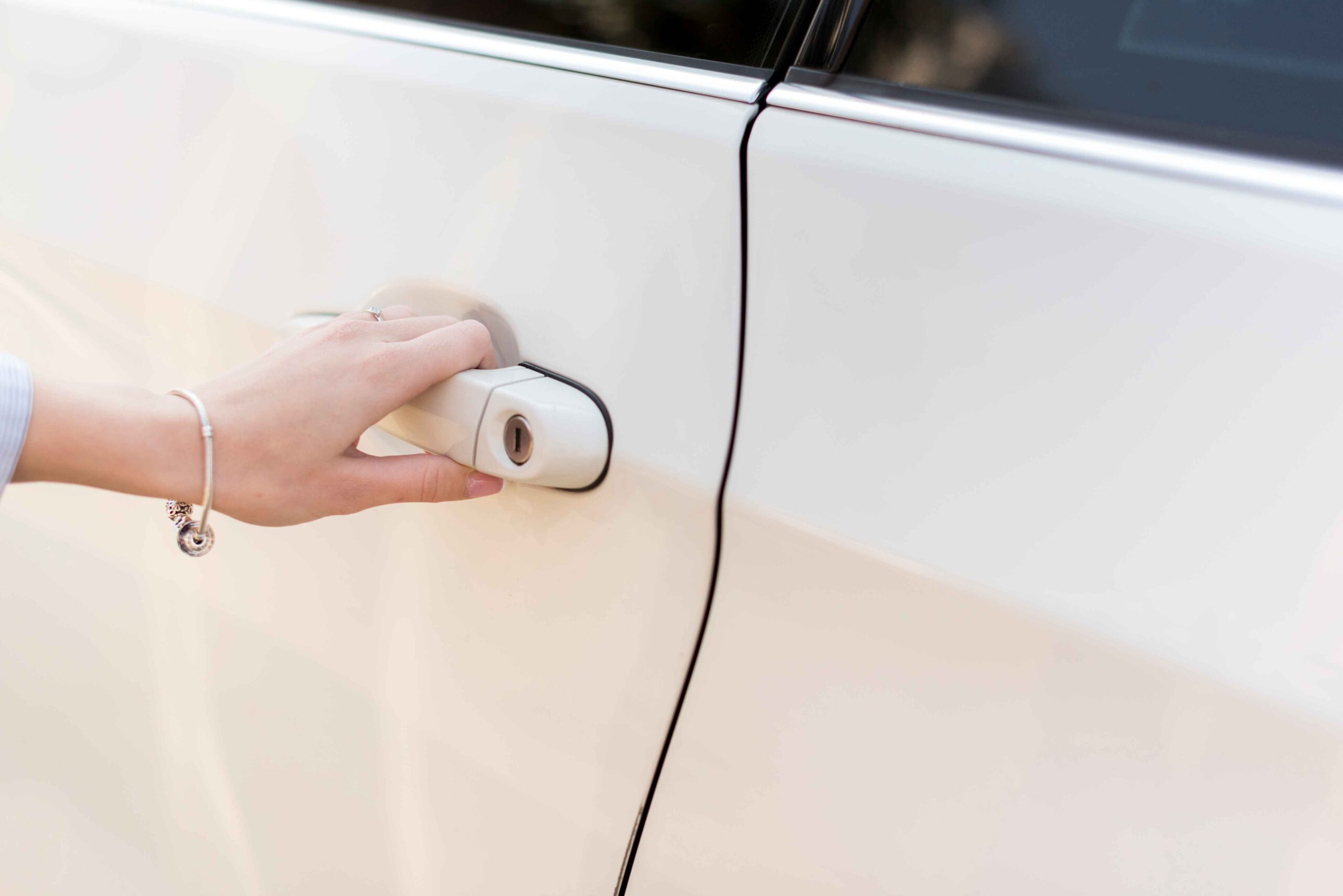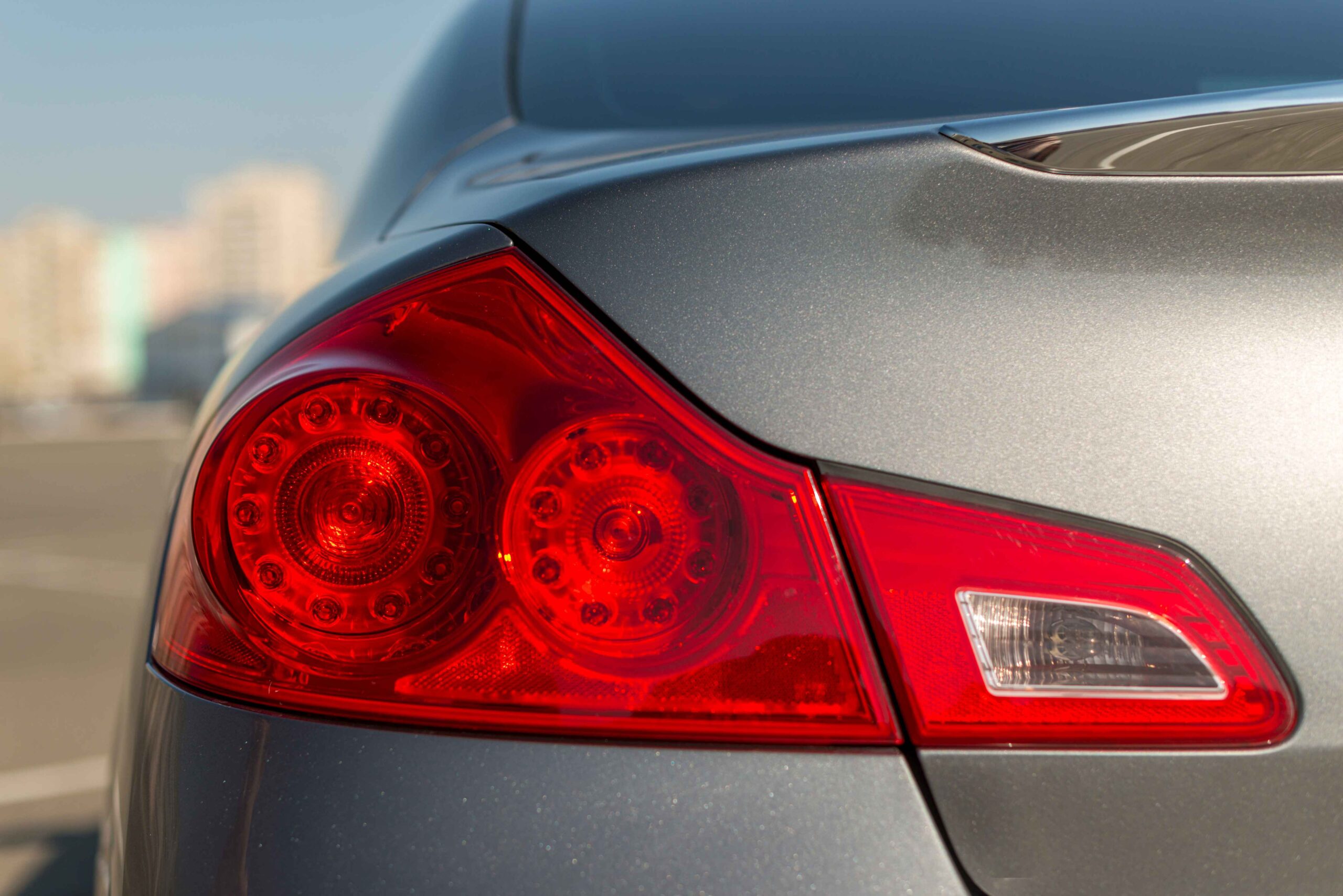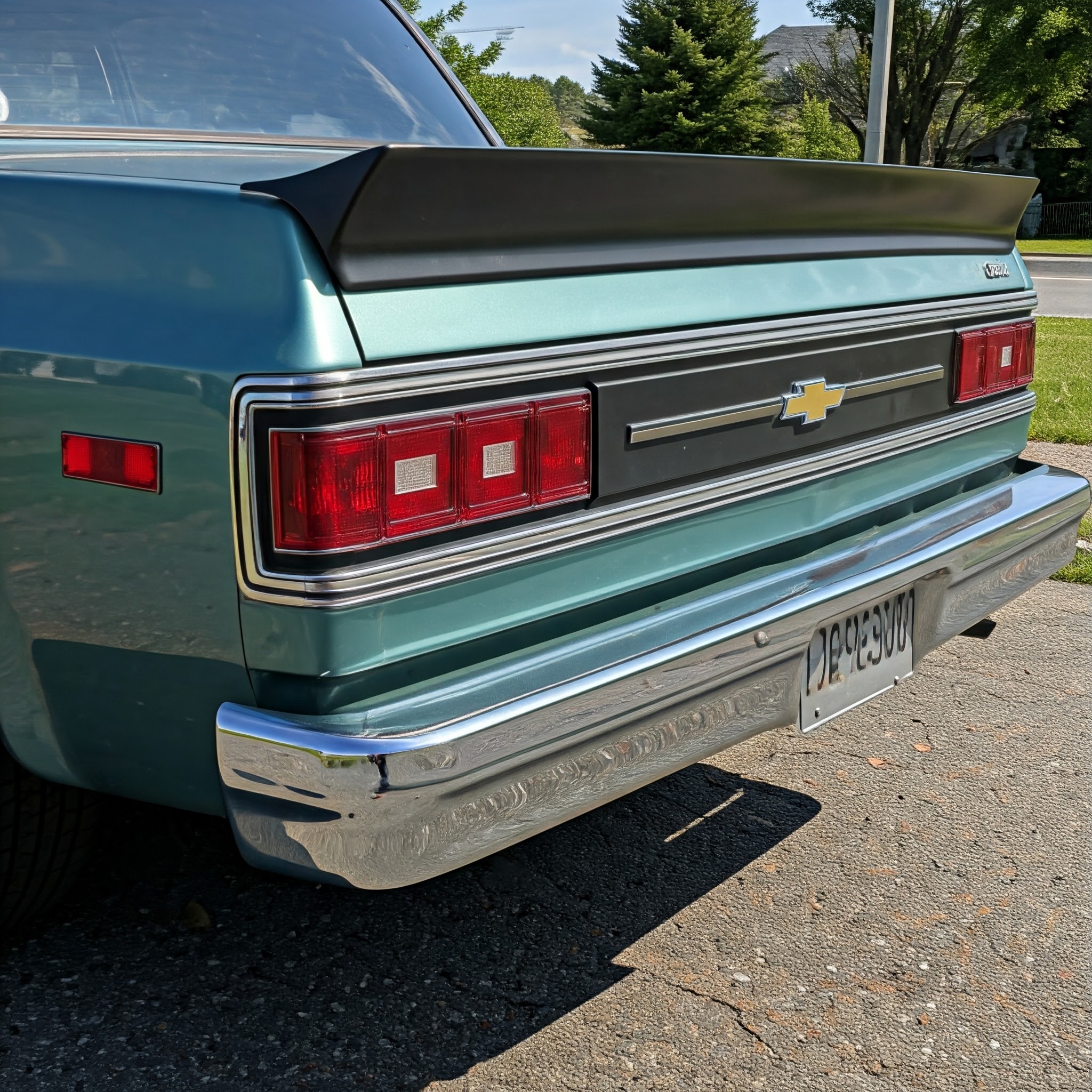Have you ever been in a situation where you’re running late, hop in your car, and it just doesn’t start? You crank the ignition, but the engine just sputters and dies. Frustrating, right? It’s a classic sign of electric fuel pump problems—a small but crucial part of your car that often goes unnoticed until it fails.
When it stops working properly, your engine struggles for power, leaving you stranded when you least expect it. Don’t worry; this guide will walk you through everything you need to know about electric pump problems, how to spot them, and what you can do about them.
Plus, we’ll touch on related issues like electric hydraulic power steering pump troubles and electric power brakes concerns. Keep reading to learn how to identify and solve electric fuel pump problems and keep your engine performing at its best.
How Your Fuel Pump Works and Why It’s Important
Think of the fuel pump as the heart of your car’s fuel system. Located inside the fuel tank, it sends fuel to the engine, ensuring your vehicle has the power to run.
When you turn the ignition key, the electric motor inside the pump kicks in, pushing fuel from the tank through the fuel lines to the engine and fuel injectors. This process keeps your car moving.
But, like any part, fuel pumps wear out over time due to constant use, debris, and even running on low fuel.
Without a working fuel pump, your car won’t start, won’t run smoothly, or worse, won’t run at all. And that’s why recognising early signs of trouble is crucial—so you can avoid bigger headaches.
Common Electric Fuel Pump Problems and What Causes Them
- Fuel Delivery Failure
Sometimes, the pump just can’t get the fuel where it needs to go. This can happen because of a clogged filter, a kinked or blocked fuel line, or a worn-out pump. If your car isn’t getting enough fuel, it might have trouble starting or run poorly when it does. - Low Fuel Pressure
The fuel pump has to create enough pressure to push fuel into the engine. When it doesn’t, your car can struggle. Low pressure could be due to internal pump damage, a blockage, or faulty pump components. This is often why engines run rough or stall unexpectedly. - Vacuum Problems
A fuel pump must also create a vacuum to pull fuel from the tank. When it can’t, the car struggles to start or runs poorly. Blockages, failed pumps, or clogged filters are usually the culprits here. - Electrical Issues
Electric fuel pumps need a steady power supply. Faulty wiring, bad connections, or damaged relays can cut off power, causing the pump to fail intermittently or completely. It’s one of those problems that can be tricky to spot without proper testing. - Overheating Fuel Pump
Ever run your car on low fuel for too long? You risk running out of gas and overworking your pump. Without enough fuel to cool it, the pump can overheat and fail faster than it should.
Spotting the Symptoms of Electric Fuel Pump Problems
So, how is your fuel pump acting up?
- Hard Starting: Your car takes a while to start, or you have to crank the engine multiple times. This is often the first sign that something’s up with your fuel pump.
- Engine Misfires: Does your engine sputter or misfire, especially when accelerating? This happens when the pump isn’t delivering enough fuel to keep up with the engine’s demands.
- Stalling or Surging: Sudden stalls or surges while driving are clear signs of irregular fuel flow. It’s frustrating and dangerous if it happens on the road.
- Bad Fuel Economy: Noticing that you’re visiting the gas station more often? A faulty fuel pump can cause inefficient combustion, burning more fuel than necessary.
- Loss of Power: Are you struggling to climb hills or accelerate? Your fuel pump might not push enough fuel to keep the engine strong.
- Weird Noises: A high-pitched whining or humming sound from the back of your car usually signals that the fuel pump is struggling.
Troubleshooting Electric Fuel Pump Problems
Now that you know the signs, let’s examine how you can troubleshoot problems yourself before visiting a mechanic.
- Check Your Fuel Level
First things first, make sure your tank isn’t just empty. It sounds simple, but running low on gas is commonly why people think their pump is failing. - Listen for the Pump
Turn your key to the “on” position without starting the engine. If your fuel pump is working, you should hear a faint humming from the fuel tank area. No sound? The pump might not be getting power or could be dead. - Test the Fuel Pressure
Grab a fuel pressure gauge and connect it to your car’s fuel rail. Check if the pressure matches the manufacturer’s specs. If it’s too low, your pump could be the problem. - Check Relays and Fuses
Head to your fuse box and inspect the fuel pump relay and fuse. If either is blown or looks damaged, replacing it might solve the problem. - Inspect Fuel Lines
Look over your fuel lines for leaks or kinks that could block fuel flow. Fixing these could get your pump back to working properly. - Check Electrical Connections
Make sure all connections to the pump are clean and tight. Corroded or loose wires can cut off power, causing the pump to fail.
When to Call in the Experts
If you’ve tried troubleshooting but still have electric fuel pump problems, it’s time to call a pro. A certified mechanic has the tools and knowledge to test the pump and other parts of your fuel system properly.
They can also spot issues that aren’t obvious, like hidden wiring problems or internal damage. Plus, a professional can diagnose those connections if your electric fuel pump is causing issues with other systems like the electric hydraulic power steering pump or electric power brakes.
When to Replace Your Electric Fuel Pump
Not all pump problems can be fixed with quick troubleshooting. Here’s when you should think about replacing your fuel pump:
- Trouble Starting Repeatedly: If starting issues happen often, the pump may be at the end of its life.
- Persistent Stalling or Misfires: If your car constantly stalls or misfires, it’s a strong sign that the pump isn’t delivering fuel correctly.
- Power Loss Issues: Are you struggling with acceleration? It could mean the pump is failing to keep up with fuel demands.
- Impact on Other Systems: Issues with the electric hydraulic power steering pump or electric power brakes could indirectly be linked to fuel pump failures, as erratic power can affect these systems, too.
Final Thoughts
Electric fuel pump issues can turn a smooth ride into a real headache. But by knowing the symptoms, understanding how your fuel pump works, and troubleshooting common issues, you can keep your car running smoothly and avoid unexpected breakdowns.
Remember, if the problem persists or you’re uncomfortable with DIY fixes, seek help from a professional. Maintaining your electric fuel pump, hydraulic power steering pump and electric power brakes ensures your car stays reliable and safe on the road.
FAQs
Electric fuel pumps usually last between 100,000 and 150,000 miles, depending on driving habits, maintenance, and fuel quality.
It’s not recommended. Driving with a failing pump can cause sudden power loss, making your car unsafe to operate
Replacement costs vary but generally range between $400 and $800, including parts and labour.
Yes, contaminated fuel can clog filters and damage the pump, leading to failure. Always use high-quality fuel to avoid this issue
Basic checks like listening to the pump or inspecting fuses are safe. However, if you’re unsure about any step, it’s best to consult a professional.







